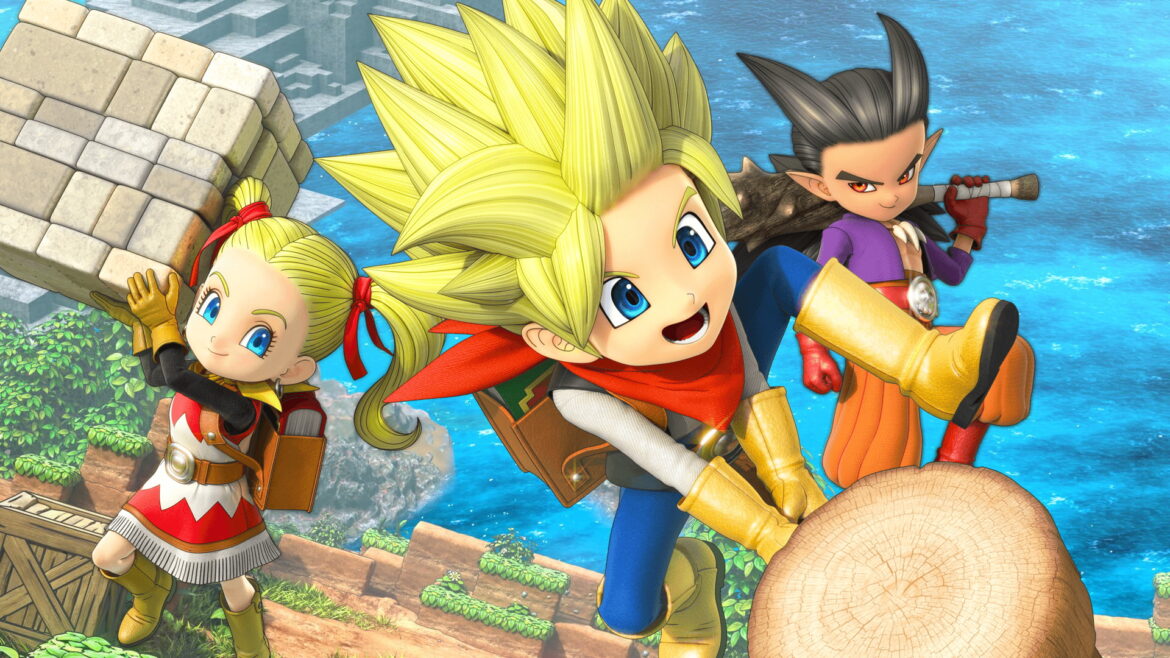Former Dragon Quest producer Ryutaro Ichimura says he left Square Enix because the developer and publisher was too focused on making “safe” games.
In a recent episode of ReHacQ (translated by Automaton), Ichimura says he had always planned to go independent eventually, but Square Enix’s way of handling things sped that process up significantly. According to him, the publisher has been pretty focused on “safe” projects over the last several years, which he wasn’t too keen about.
He says that in comparison to current-day Square Enix, the early days of Dragon Quest were all about innovation. “In Dragon Quest 2, you had a three-person party. In Dragon Quest 3, you could change jobs. In Dragon Quest 4, party members could fight using AI,” he said. “Each entry pushed the series forward, both through the evolution of game mechanics and by leveraging the latest hardware at the time.”
Related articles
It seems as though Ichimura wasn’t fond of Dragon Quest spin-offs like Builders—a more narrative-driven Minecraft—and the Pokémon Go-inspired Dragon Quest Walk. He says Square Enix pivoted to hitting its own version of popular games to try and nail some guaranteed winners, especially as Dragon Quest’s popularity outside of Japan wasn’t as stellar as it hoped. “To put it bluntly, it was copying others,” Ichimura said.
(Image credit: Square Enix)
Automaton notes that Ichimura calls the Dragon Quest spin-offs “pakuri kikaku,” meaning copycat projects. I do feel like that’s a little harsh in the case of Dragon Quest Builders, which feels like it does enough differently from Minecraft to shake off too many comparisons.
I also feel like if anyone is taking risks with strange games right now, it’s Square Enix. Does it put any effort into marketing any of them? Hell no, but it has at least tried to push out some weirder stuff like Foamstars (which, to be fair, was very Splatoon-coded), Harvestella, and The DioField Chronicle. And lest we forget Forspoken, a game that very much had the potential to be rad if it wasn’t, well, a bit boring.
I do agree with his sentiment at large, though: bigger games are getting safer, and we’re all suffering for it. Why reinvent the wheel when there’s a perfectly good one to slap another coat of paint on and roll out to the masses?
Games are getting more expensive to make and people are increasingly less willing to risk spending the dough on potential duds that get banished to a decades-long backlog. It’s a tough situation to be in on all sides, and while I don’t entirely agree with Ichimura’s sentiment, his frustrations are certainly valid.

